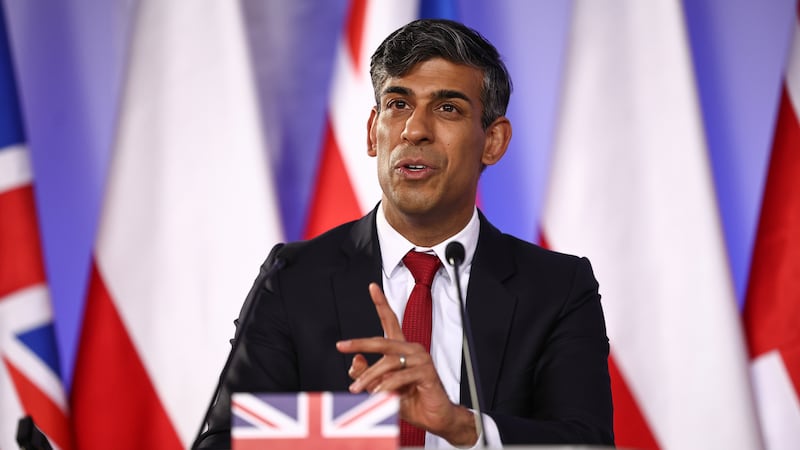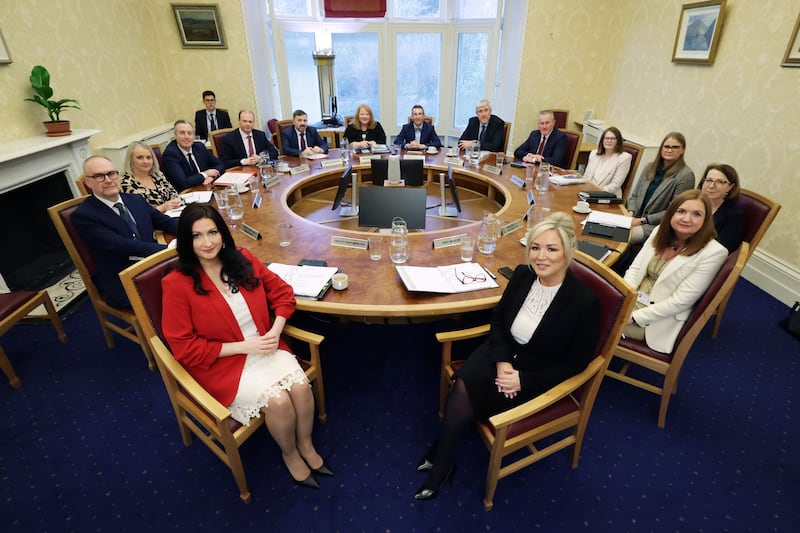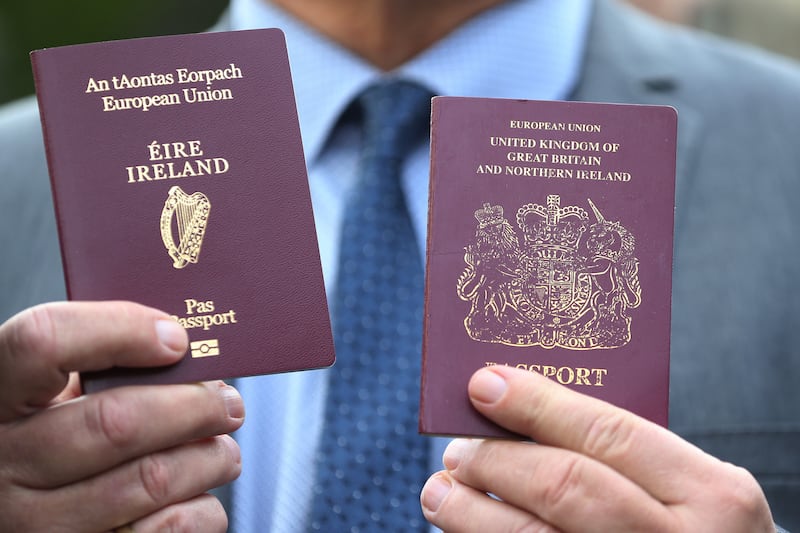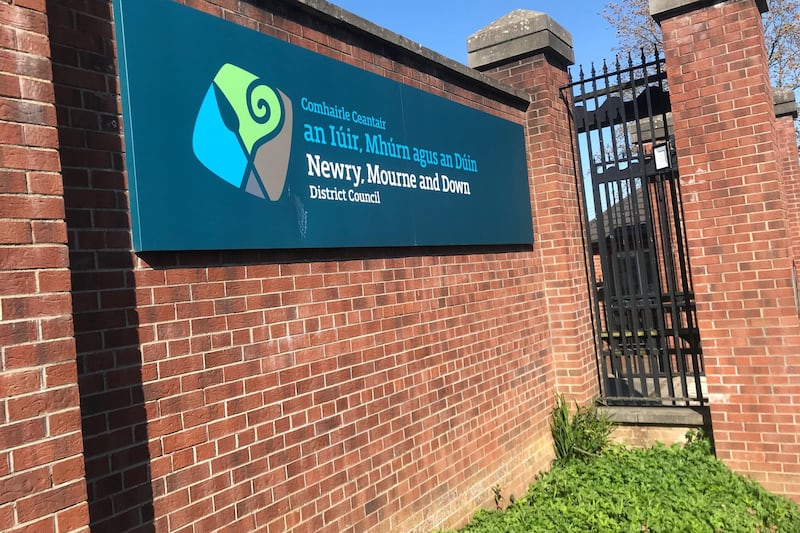WHEN Arlene Foster warned of a "brutal" election she was effectively saying she'd ensure it was a campaign that focused not on RHI but on the old arguments that have dogged politics in the north for decades – and on this she has proved true to her word.
No sooner had her speech to launch the DUP campaign begun, than republican bogeyman Gerry Adams was summoned and duly berated in a manner not dissimilar to the style of pre-Chuckle Brothers Ian Paisley.
The decade the DUP spent in government with Sinn Féin was airbrushed from her narrative, as the former first minister gave every traditional unionist vote winner an airing.
Michelle O'Neill was not her own woman and would seek to implement Gerry Adams's plan, Mrs Foster insisted.
Their cunning plan included "rewriting the past, delivering on their so-called equality agenda, pushing for a costly Irish language Act and pursuing a united Ireland".
Gone was the talk of Stormont's big two 'facing in the same direction' before the RHI scandal blew up in Mrs Foster's face.
No mention that together they resolved the Twaddell parading impasse, advanced the lowering of corporation tax or pledged millions to build a shared future.
Martin McGuinness was mentioned with near fondness yet only to highlight the threat that the new republican regime posed to "our way of life in Northern Ireland".
Despite the brave face, the DUP is clearly rattled by the public anger around RHI and while Mrs Foster was to the fore yesterday, she is unlikely to feature as prominently on election literature as she did in the run-up to last May's poll.
Her 'no surrender' message and the deriding of Gerry Adams will nevertheless loom large in everything the party's representatives say between now and March 2.
In just over three weeks' time we will learn whether the electorate has grown weary of such arguments or whether long-standing divisions will simply be reinforced.








